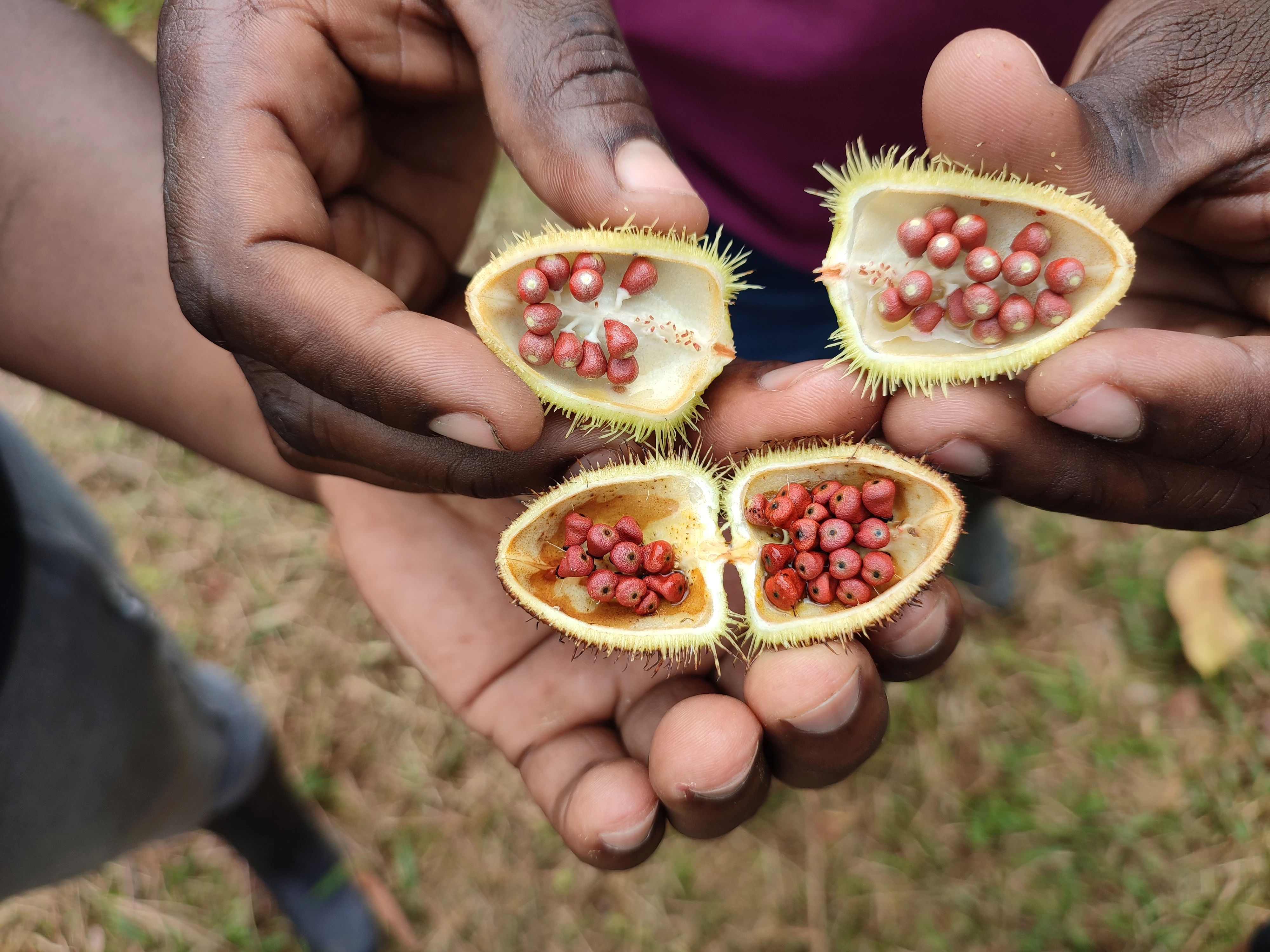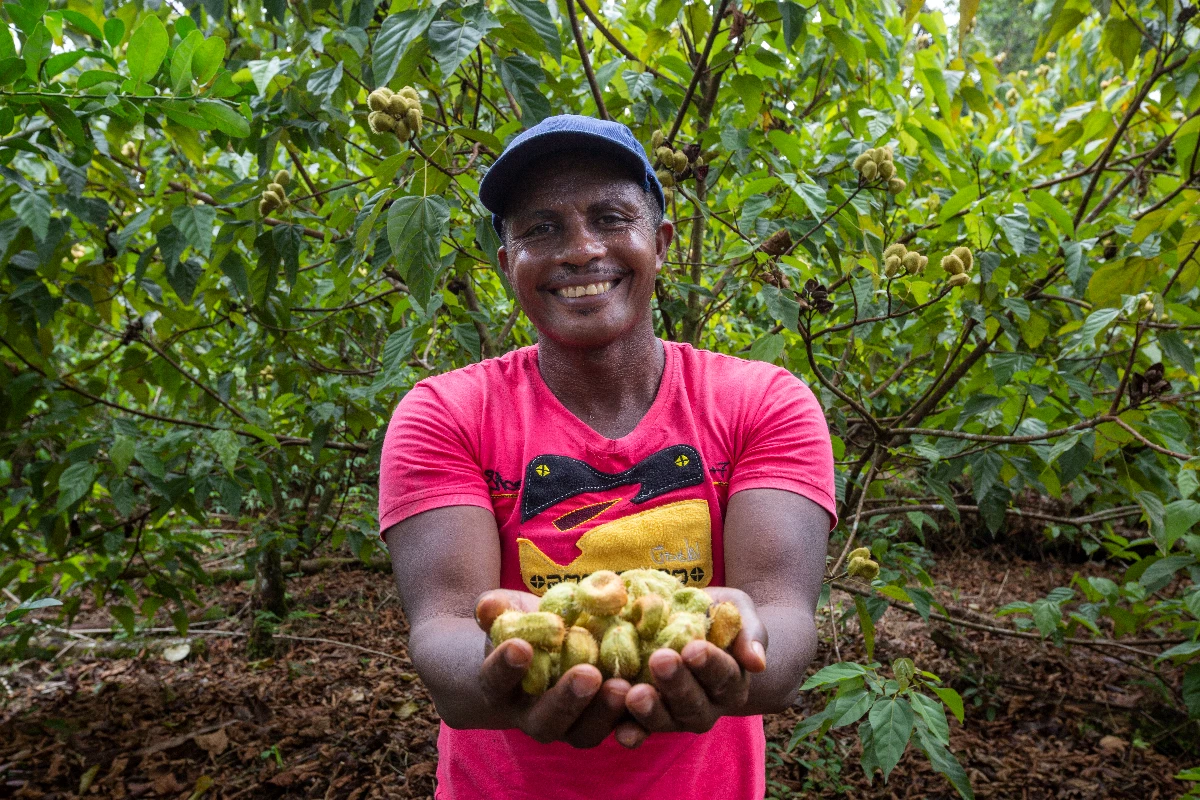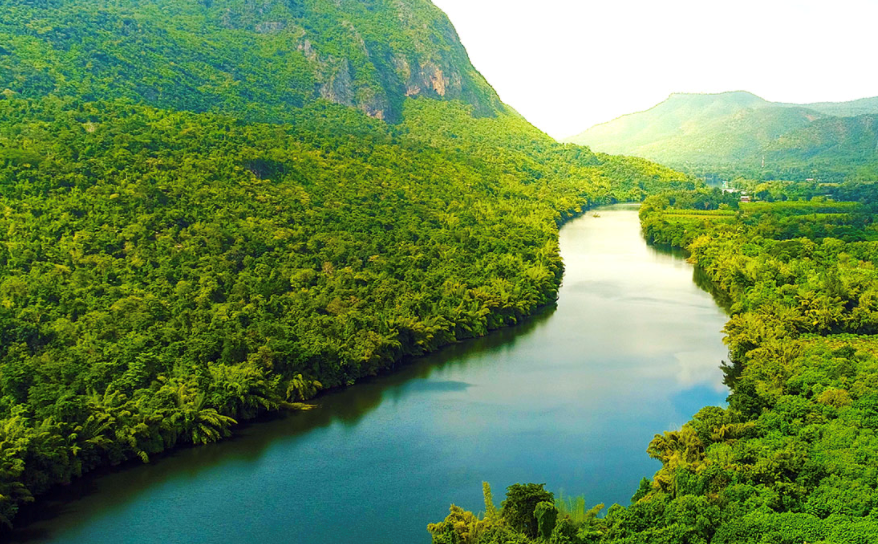DFCD supports producer of natural colourants in saving the forest in Colombia
The Dutch Fund for Climate and Development (DFCD) has approved grant support for Colorquimica, a manufacturer and distributor of colourants for different industries in Colombia.
Colorquimica manufactures both synthetic and natural colourants for human and animal food, pharmaceutical and cosmetic industries. One of the company’s main lines of innovation is the development of natural colourants.
The project has been put forward by the World Wide Fund for Nature Netherlands (WWF-NL) which manages together with SNV Netherlands Development Organisation the DFCD’s Origination Facility to develop new projects for the investment fund. With the approval of the grant, WWF has the intention to sign a €134,000 grant funding agreement with Colorquimica.
Natural dye
The European market for natural dyes and pigments was valued at $1,05 billion in 2020 and is expected to expand by around 10% by 2028. The growth is driven by the increasing demand from the textiles, food, paint and cosmetics industries that are looking to find an alternative for synthetic dyes and pigments that harm the environment.
That is why Colorquimica started its first pilot facility for natural food colour in 2012. These natural colourants are derived from plants or minerals. Most of them are vegetable colourants from plants (roots, berries, seeds, grains, barks, leaves and wood), and other organic sources such as fungi and lichens.

Annatto crop
The company works together with local ethnic communities to grow native annatto plants they can extract the colourants from. Annatto seeds contain red coloured pigment called bixin, which is used for food, pharmaceutical, and cosmetic industries. For this goal, WWF Colombia, with its partner ICCO-Conexión facilitated a strategic alliance of Colorquimica with Achiote & Agros del Chocó, a social enterprise that belongs primarily to community councils and offers an alternative source of income to families who for years lived off illegal mining, directly or indirectly.
There are currently 344 families involved in the project, each growing annatto on around 2 hectares. Colorquimica buys the paste processed by Achiote and Agros del Chocó, derived from the seeds. This provides the families with a steady source of income. Besides that, the company helps the social enterprise with technical support to make the harvest as successful as possible.
By developing an annatto production chain, Colorquimica aims to reduce the impact on the tropical forest caused by mining and illegal extraction of wood. These are activities that low-income families use to survive.

© Courtesy de Conexión / ICCO Cooperation
Processing facility
With the grant from the DFCD, Colorquimica aims to further develop a sustainable business line for the local supply of natural dye in Colombia. The company wants to strengthen its work with local producers and scale up the processing of natural dye. The company will study other types of natural colourants like xanthophylls from marigolds, and curcumin from turmeric.
The next step for the company is to build its own processing facility for natural colourants. For this goal, it needs a loan of €5,2 million, which it hopes to receive through the DFCD when the company’s project is investment ready.
Sandra Valenzuela, CEO WWF Colombia:
"This investment will be a pioneer in making impact in this strategic ecosystem. It will support productive activities as a strategy for the sustainable use of biodiversity and control of deforestation, while strengthening the producer´s climate resiliency through agroforestry models."
Fabricio de Campos, Regional Lead WWF DFCD Latin America:
"This project emphasizes the importance of local partnerships: Colorquimica and Achiote and Agros del Choco have managed to bring forward an alliance that provides alternative sources of income away from mining and explores into best practices of agroforestry. Its actions lay the groundwork for achieving climate resilient livelihoods in a region particularly vulnerable to the impacts of climate change."
Carlos Andrés Arroyave, CEO Colorquimica:
"The alliance with Achiote & Agros del Choco supports the development of a sustainable supply chain with benefits for the communities growing the annatto seed. The grant of WWF DFCD will accelerate the development of the annatto production."
About Colorquimica
Colorquimica is a Colombian family-owned company founded in 1976. Currently, the company attends more than 20 industrial markets. The company has been a key manufacturer in Latin America of synthetic colours for the food and beverage industry since 1990. Nowadays, there is a definite trend to move to food colours from natural sources.
Contact
For more information, Fabricio de Campos, Regional Lead WWF DFCD Latin America at fabriciocampos@wwf.org.br.
In case you have any grievances in relation to this project of the DFCD’s Origination Facility, please contact us through our service desk at servicedesk@wwf.nl.
About DFCD
The Dutch Fund for Climate and Development (DFCD) is a climate fund, dedicated to supporting climate adaptation and mitigation projects which benefit vulnerable communities and landscapes. Initially funded by the Dutch government, it is powered by a consortium of four expert organisations: FMO (Dutch Entrepreneurial Development Bank), CFM (Climate Fund Managers), SNV, a global development partner, and WWF Netherlands.

